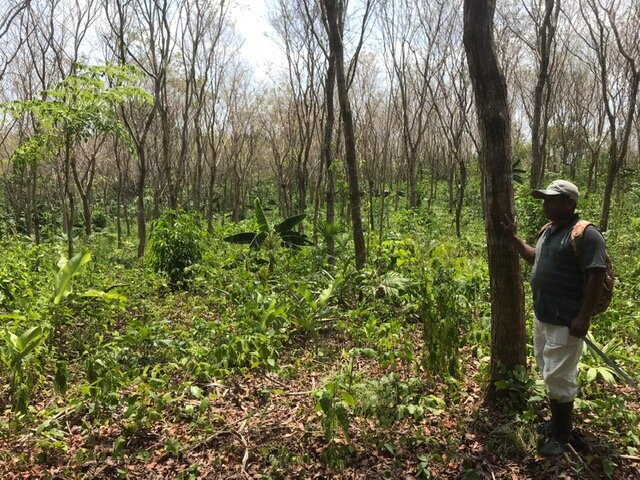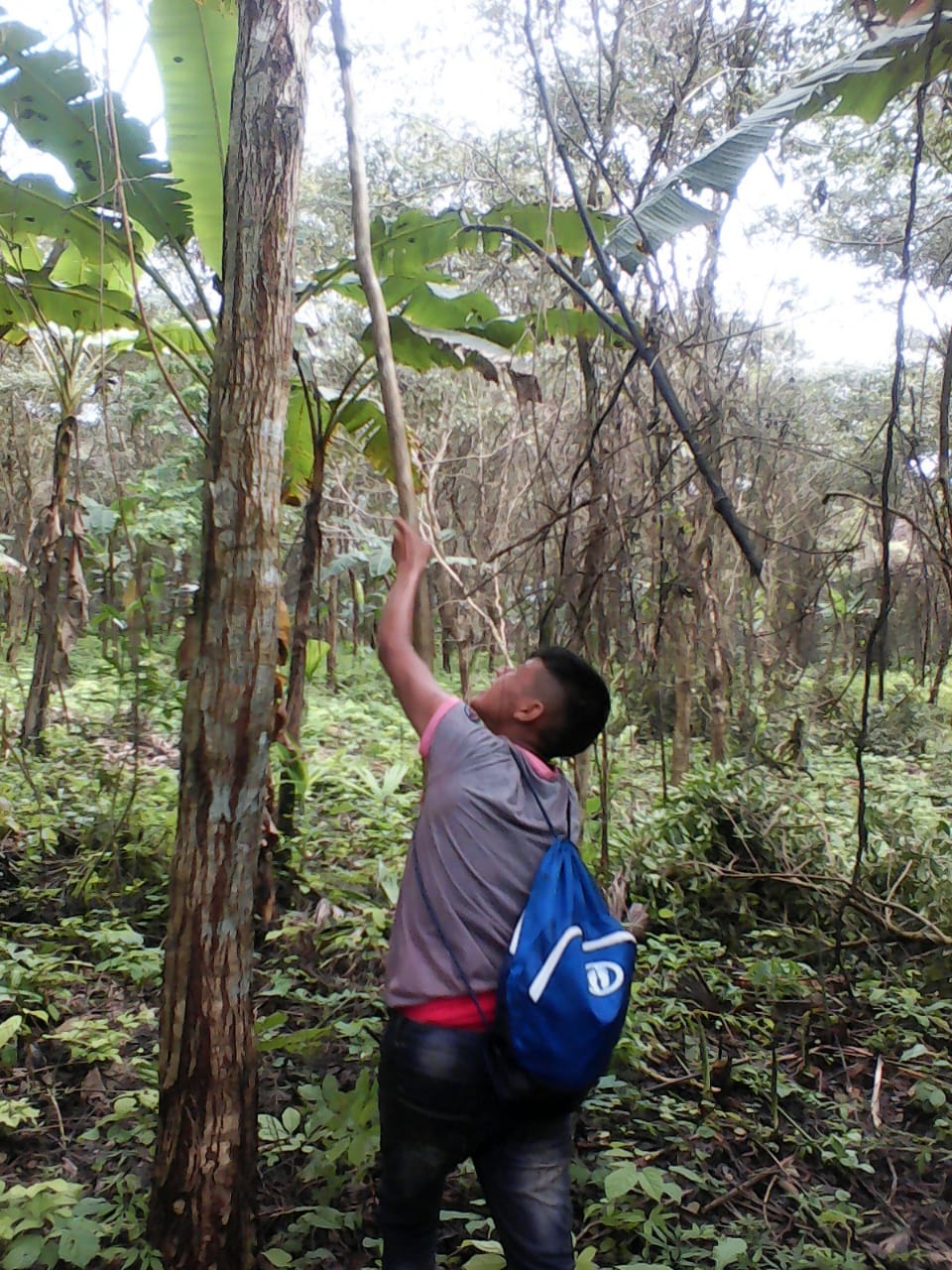Failure of Climate Bill - How does it affect Forestry and REDD?
/I think we would all agree that it is a disappointment that the US Senate didn't take up a climate bill that included a cap and trade system to finally put a price on carbon and begin reducing emissions.
The failure of the bill affects REDD not only in Panama, but throughout the world. Primarily, it hamstrings any meaningful encapsulating agreement coming out of Cancun in December, and probably even South Africa in 2011. More and more it looks like the best thing that can come out of Cancun for REDD is a "REDD+ Readiness" package that the new REDD+ Partnership can build off of. More on that Partnership later...
Most importantly for REDD, it doesn't look like we will have a significant market for any credits generated in the next 5-6 years; not a great signal to the private sector and investors. Not all is lost and I doubt that there would have been significant amounts of credits available in 5-6 years anyway, but it would have triggered significant investment into making REDD "operationalized" and setting standards.
Now, what we have is the Norwegians single handedly financing the majority of the REDD work in the world and providing significant guaranteed monies into the near-to-mid term for actual reductions. I doubt that government funds will be able to finance all of the REDD readiness work, or purchase the all of the credits generated from the reductions.
There is a minimum of hope that the California cap and trade will survive. Its market, however will be a fraction of what is needed and can only probably support a couple of provincial projects out of Mexico and Indonesia.
Getting back to the REDD+ Partnership, it is off to a rough start because the co-chairs are not coordinating very well (Japan and PNG). However, there is hope that a core group can move the agenda forward and develop some standards for MRV (a database to track actions and financing), bring the three large "other" REDD institutions together into a secretariat (FCPF, FIP, and UNREDD), and develop some south-south exchanges.
Once PNG stops being an obstacle to it moving forward, I expect it to make significant progress. I think it also functions to put pressure on the UNFCCC process to make progress or risk more and more of the outside "partnerships" being organized to make progress. The next six months will be key to see if the REDD+ Partnership can find its legs and actually make some progress. Otherwise it will become just another forum to argue about process like the UNFCCC.
At Planting Empowerment we will continue to follow the progress (or lack thereof) of the various REDD initiatives and other country level politics that affect the forestry sector. We are heartened that so much focus is on the deforestation problem and significantly more resources are flowing into the sector.
We believe this new focus will ultimately should yield significant quality of life benefits for those living in the forests, but also increase the ease of investing and potential profits for investors.
For more information on why the bill failed, check out this post from Grist.



